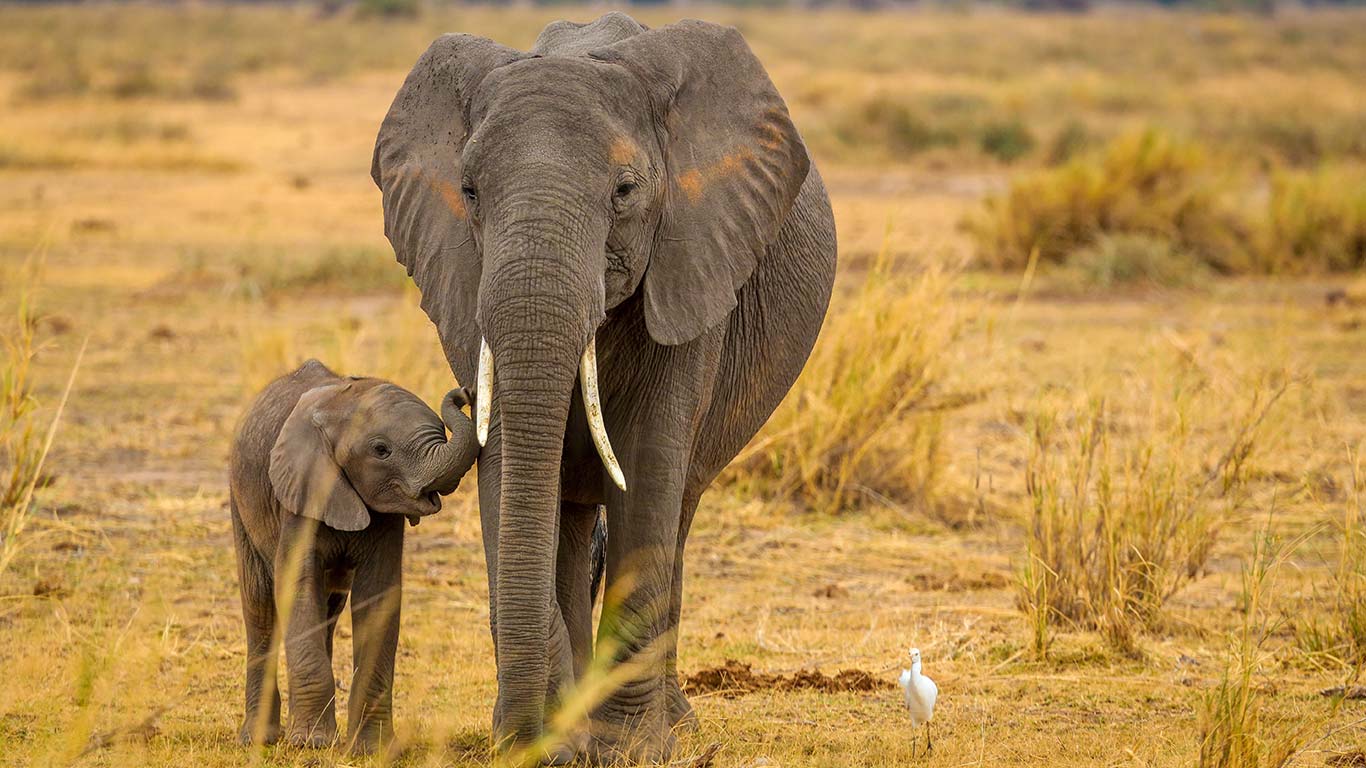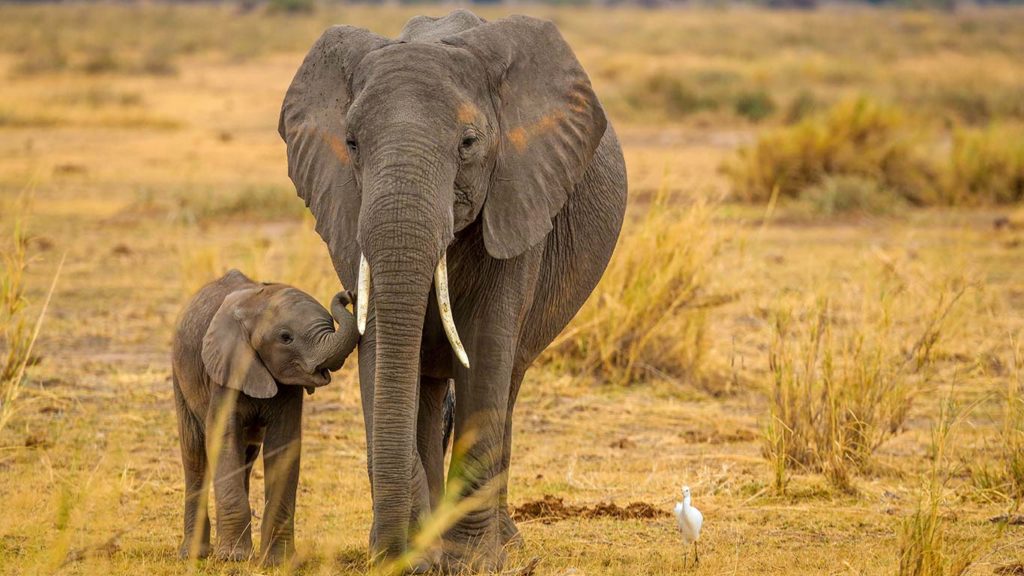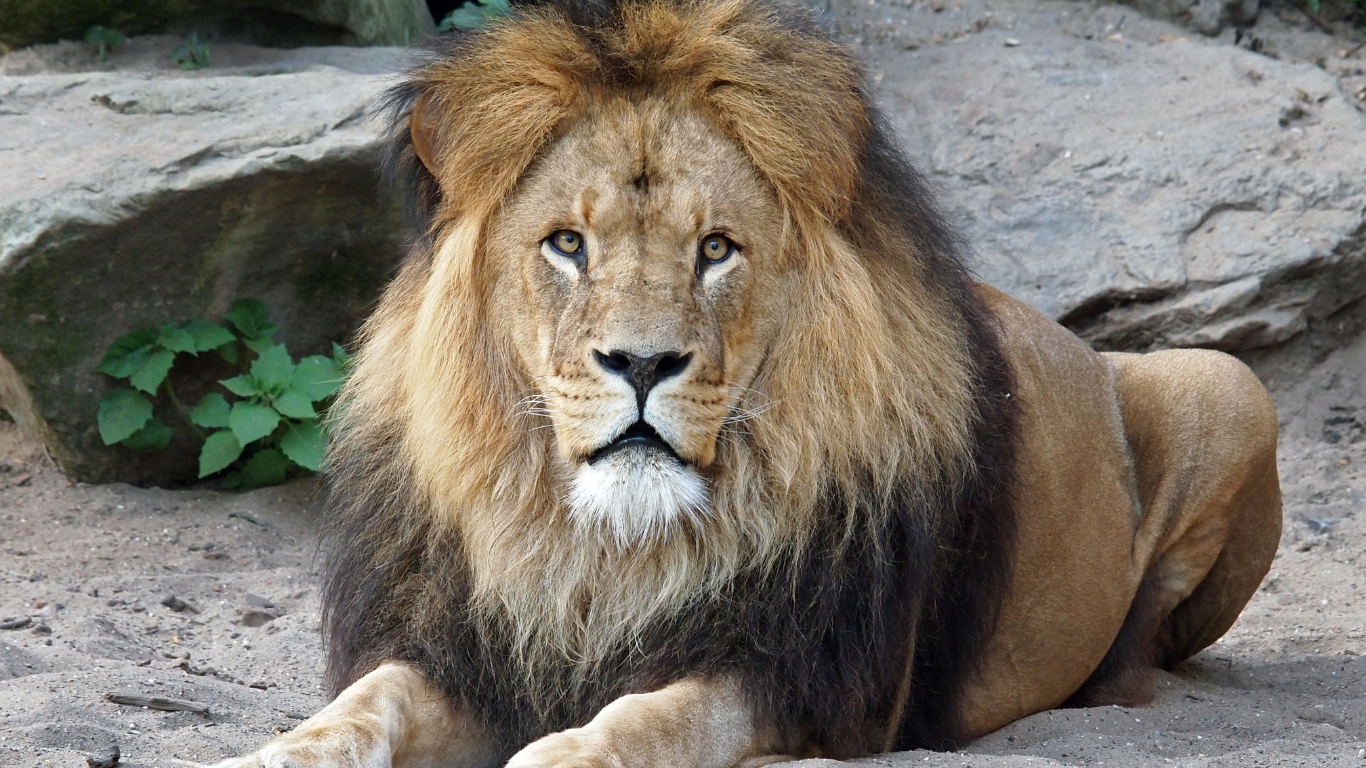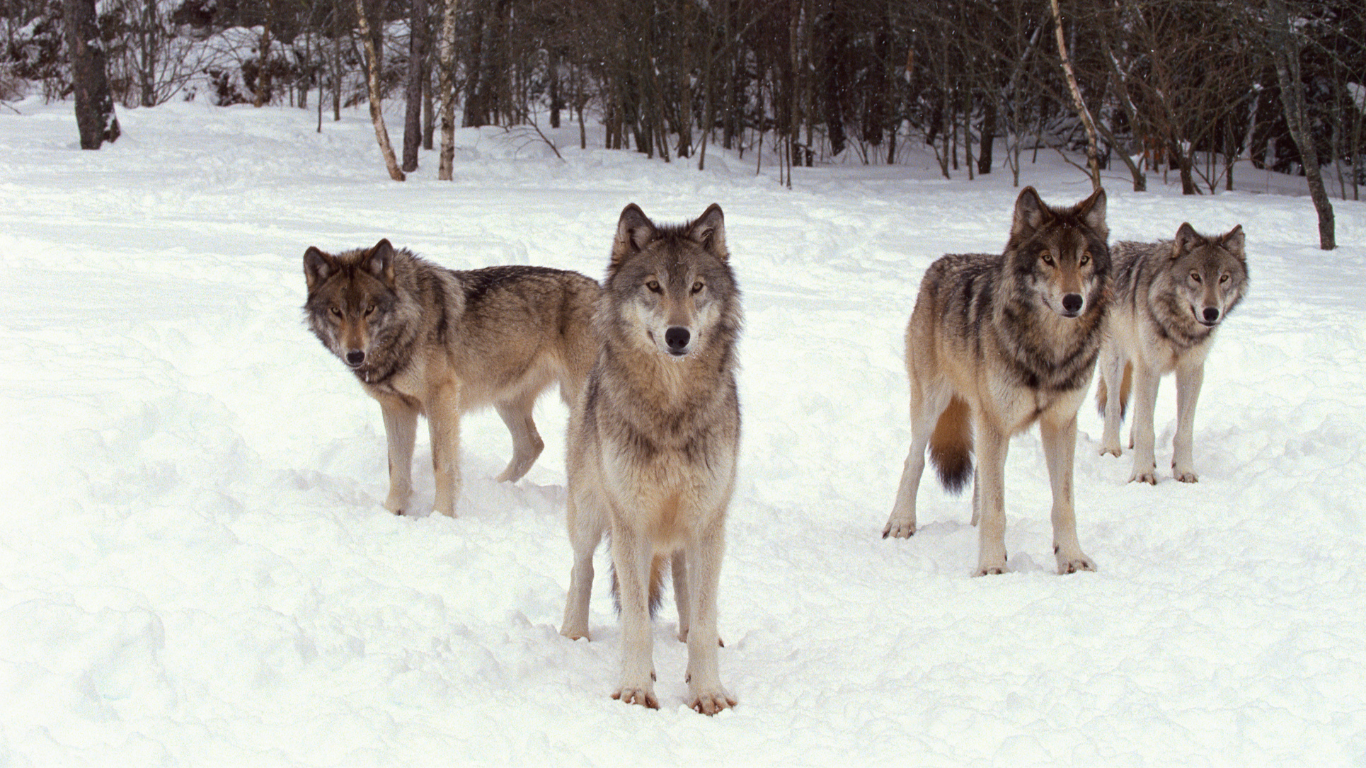By Melissa Reitz
In a massive breakthrough for elephant conservation, two recent and significant decisions are set to ensure that Africa’s elephants are better protected.
The International Union for the Conservation of Nature (IUCN), the global authority on the status of natural species and measures needed to safeguard them, has elected to assess African elephants as two distinct species: forest elephants and savanna elephants.
This is a major step forward for elephant conservation because their individual populations, smaller than when recognised as a single species, each endure shared, but also very unique threats.
In addition, the IUCN has reclassified the status of each species. The forest elephant is now listed as ‘critically endangered’ and the savanna elephant as ‘endangered’. Previously all African elephants were categorised as only ‘vulnerable’.
By blanketing both species into one category it has been found that the real status of forest elephants has, until now, been largely overlooked. Furthermore, forest elephants are more elusive, living in remote and often inaccessible habitats. This has exacerbated the inattention they’ve received in comparison to savanna elephants, which live in more open areas.
Highlighting the different elephant species and redesignating their IUCN status will greatly change how each is studied and conserved. Ecologists can now focus on understanding their unique ecology and addressing the specific threats each elephant species face.
“These decisions by the IUCN are a giant step forward for elephant conservation,” says Adrienne West of Animal Survival International. “If we are to protect elephant species, we need to understand as much as we possibly can about each so that we can find intelligent solutions to the threats they face.”
Elephant numbers across Africa have plummeted over recent decades due to rampant ivory poaching and more recently habitat fragmentation and loss, which specialists are calling the ‘silent killer’. As human encroachment pushes into elephant habitat areas, human-elephant conflict intensifies, leading to more elephants being killed.
Forest elephants have declined by over 80% within three generations, while savanna elephants declined by over 50% within three generations.
The last complete survey, done in 2016, revealed that just over 400,000 savanna and forest elephants remained in Africa. The majority of the critically endangered forest elephants are in the Congo basin in Gabon, West Africa. Botswana has the largest population of some 130,000 savanna elephants.
The Convention on International Trade in Endangered Species (CITES), which regulates the international trade in endangered species, has yet to recognize the two types of African elephants as separate species.





